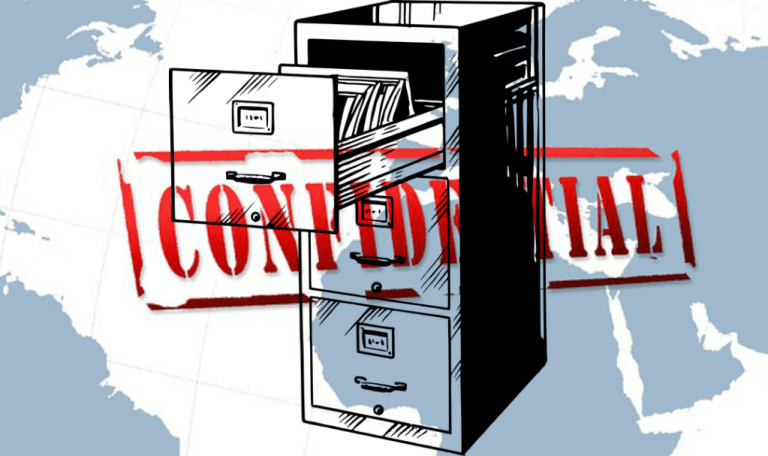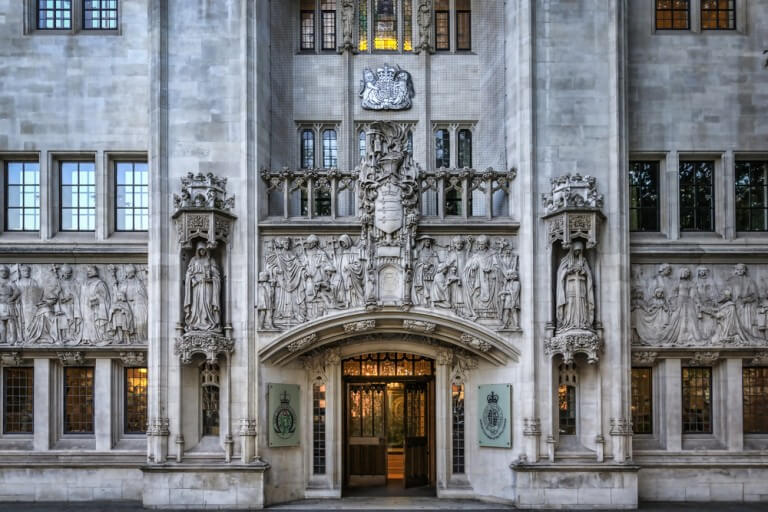Settling partnership disputes through mediation

“… after a few hours of tight-lipped civility, one or other of the parties … cannot stop himself telling the other party what he really thinks …”
There are a number of factors which distinguish partnership disputes from other types of commercial dispute. In consequence, different methods are sometimes required to achieve settlement.
In this article I include in “partnership disputes” any dispute between proprietor managers of a small business, be they disputes between partners in a traditional partnership, or members of a limited liability partnership (LLP), or boardroom disputes between director shareholders of a limited company. The unifying factor is proprietors who have worked together shoulder to shoulder to build and run a small business. In this article I refer to all of these scenarios when I refer to “partners” and “partnership”.
Like all groups of people who face challenges together, partners must adapt to each other’s strengths and weaknesses, relying to a very great extent on mutual support and having trust and confidence in one another. That trust and confidence is taken as a given, usually not even considered on a day-to-day basis.
But any breach of that trust will take centre stage. Anyone charged with resolving such disputes must understand and take account of the emotional issues which often predominate.
I have repeatedly come across a willingness of sophisticated businessmen to walk away from the settlement process because of financially insignificant issues. Partners who are not offered appropriate treatment for their emotional wounds are often willing to abandon settlement efforts and proceed to resolve their dispute in the much more expensive and uncertain forum of court proceedings or arbitration. The costs and risks will greatly outweigh the commercial value (often £nil) of the issue which their head tells them to move on from, but which their heart will not let go of.
Examples of things which are sometimes very important to partners, but which have little or no financial value, are demonstration of remorse, admission of guilt, apology, thanks, and recognition of contribution. In some disputes this emotional “currency” is more valuable to a party than any financial currency they are likely to be offered. Going into a mediation, they may not even realise that this is the case.
Most importantly, the expression of remorse, apology, etc must be genuine, or at least perceived to be genuine. It is difficult to fake a genuine apology, or put another way, it is very easy to spot a contrived apology.
This creates an impasse. While it is difficult for some parties to compromise without receiving some emotional currency as part of the deal, equally it can be very difficult for their opponent to reach deeply enough into his or her emotional pocket to find enough of this genuine currency to hand over.
In some mediations, after a few hours of tight-lipped civility, one or other of the parties becomes overwhelmed with anger or a sense of injustice and cannot stop himself telling the other party what he really thinks, what damage has been done, and how he feels about it. Voices can become raised and the mediator has to assess how far he should allow the parties to go before stepping in. Sometimes this breaking of the emotional tension benefits both parties as it enables them to “move on”.
Though mediation is not as predictable as physics, it can be the case in mediation that for every action there is an equal and opposite reaction. The anger, pain, distress and vulnerability that is communicated subliminally to an opponent in an uncontrolled emotional outburst is often the trigger for the opponent to find it in himself, just as spontaneously, to offer the genuine apology or other emotional currency that the other party is looking for.
The giver of the apology may have been suffering from a niggling doubt about his own moral integrity, and through his genuine expression of remorse the weight of this doubt about his own conduct may have been lifted. Often it is not as clear-cut or one-way as that, because both parties could have done better and both need to apologise or give recognition in some way. Either way, all appropriate emotional “payments” having been made, and both parties having got things off their chest, they are ready to focus on the financial or other commercial terms of a settlement, and to make the concessions that will be required if a compromise is to be reached.






